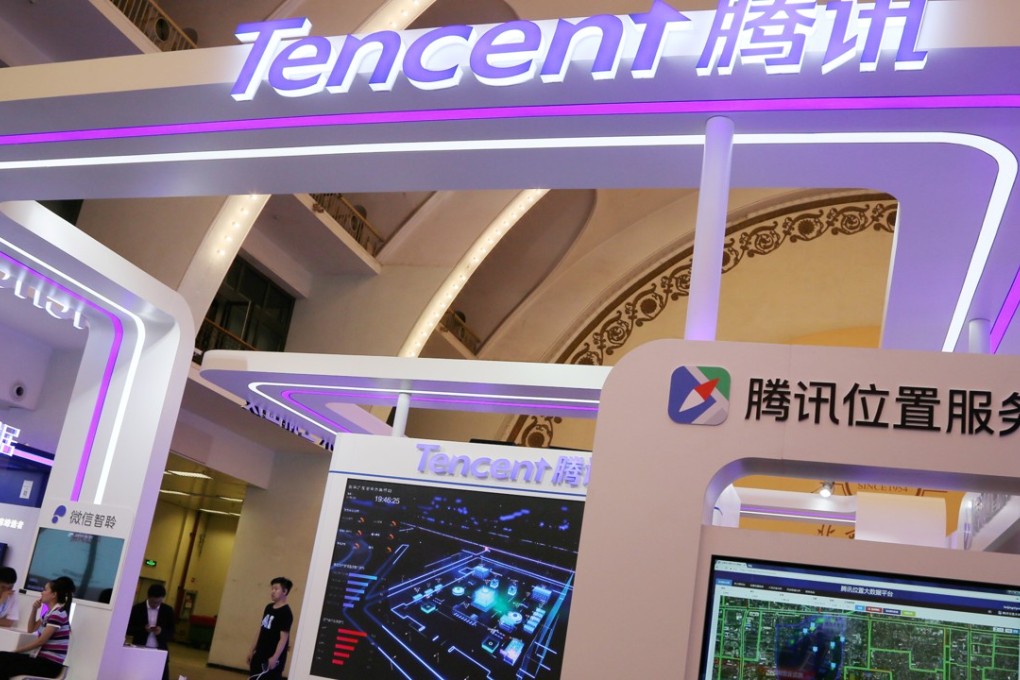Tencent restructures with eye on industrial internet as gaming business slows
A recent string of investments, including in smart retail, is expected to help drive Tencent’s shift to more enterprise solutions

Tencent Holdings, which derives two-thirds of its revenue from online gaming and social media, reshuffled its business units this week in a bid to focus more on the industrial internet, as China seeks to upgrade its manufacturing amid a trade war with the world’s biggest economy.
The restructuring, the first in six years for the Shenzhen-based company, will see the creation of a new business group devoted to cloud and smart industries. Another new group will combine its social media, mobile internet and online media operations, a nod to the need for more strategic coordination with the emergence of competitors like ByteDance, whose artificial intelligence-driven recommendation algorithms for news and short videos have captured market share and eyeballs away from Tencent’s own video and news platforms.
Tencent will also form a new technology committee that will create an internal platform for the sharing and collaboration of fundamental technologies within the company and apply them to different industries.
The restructuring marks a “significant strategic upgrade” for the company, which had connected users with consumer services in the past, Tencent chairman and chief executive Pony Ma Huateng said in a statement on Sunday. Given that “the next era of the internet is the industrial internet”, Tencent will connect “industries and consumers to build a more open ecosystem”, he said.
With the reshuffling, Tencent will have six business groups, down from seven previously. Four existing business groups – corporate development, interactive entertainment, technology and engineering, and WeChat – remain unchanged.
Tencent’s restructuring is also taking place against a backdrop of a trade war with the US, which earlier this year brought Chinese telecommunications equipment maker ZTE Corp to its knees by banning American firms from supplying it, exposing the latter’s dependence on US technology. The debacle prompted a period of national soul-searching that has seen both Ma and Alibaba Group Holding executive chairman Jack Ma call for the country’s enterprises to own “core technology”.